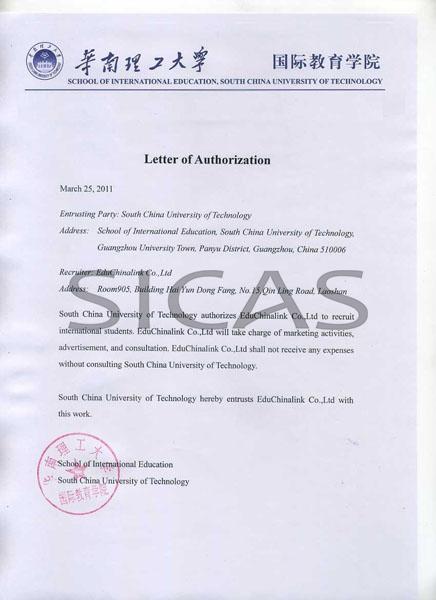

 |
School of Automation Science & EngineeringSchool of Automation Science and Engineering (ASE) was established in January 2002 on the basis of the former 41-year-old Department of Automation. In 1981, the former Department had only four undergraduate study programs: Auto Control, Electric Automation of Ship and Shipyard, Electric Automation of Industrial Enterprises, Chemical Industry Automation and Instrument. The last two programs were integrated into Industrial Electric Automation in 1986. In compliance with the "Specialties Catalogue" of the Ministry of Education, all the three programs were merged into Automation in 1996. At present, School of Automation Science and Engineering is authorized to confer the doctoral degree in one level-1 discipline (Control Science and Engineering) four level-2 disciplines (Control Theory and Control Engineering, Systems Engineering, Pattern Recognition and Intelligence Systems, Detection Technology and Automation Devices) as well as to confer the Master degree in five level-2 disciplines (Systems Analysis and Integration plus the four for the doctoral degree). The School has also established a postdoctoral station in Control Science and Engineering. The Control Theory and Control Engineering program was twice recognized as a provincial key discipline in 2000 and 2003. The nationally reputed academic journal- "Control Theory and Applications" is this School-based. In 2001, the specialty of Automation was granted the status of a "Famed Specialty" in Guangdong Province. The high-quality faculty mainly consists of middle-aged and young professionals proficient in high-level research and engineering application. Sixty-four full-duty teachers include: one academician from the Chinese Academy of Sciences and the Chinese Academy of Engineering, two "ChangJiang Project" scholars, 15 professors (14 being doctoral tutors), 16 associate professors and four senior engineers. Sixty-two teachers hold a doctoral or Master degree, accounting for 97% of the total. The current student population consists of 768 undergraduate students, 75 doctoral degree students and 400 Master degree students. The School's "Teaching and Experimental Center of Automation" for undergraduate teaching is one of the top 10 experimental bases of the University. The five sub-labs are Automatic Control Principle Lab, Micro-computer Principle and Computer Control Technology Lab, Process Control Lab, Motion Control Lab and the Practice Base. All these laboratories provide a good experimental site for undergraduate studies. At the same time, the School has made significant achievements in disciplines construction in recent years, successfully setting up the following research laboratories: Laboratory for Systems Integration, Web-based Motion Control Laboratory, Internet- and Field Bus- based for Laboratory for Measuring and Control Systems, Lab of Strategy Development for Industrial Process Control, Intelligence Detection and Control Technology Laboratory, all of which provide a solid base for practice in undergraduate education. As to scientific research, the School has taken up a number of national "863" high-tech research development plans, and a lot of projects supported by the National Natural Science Foundation, the Ministry of Education, Science and Technology Department of Guangdong Province, Guangdong Province Natural Science Foundation. In the past three years, the School has carried out 128 research projects of which 57 are of provincial or ministerial level, with the total expenses amounting to 30 million yuan. In the past three years, 880 papers and 12 monographs have been published. |







